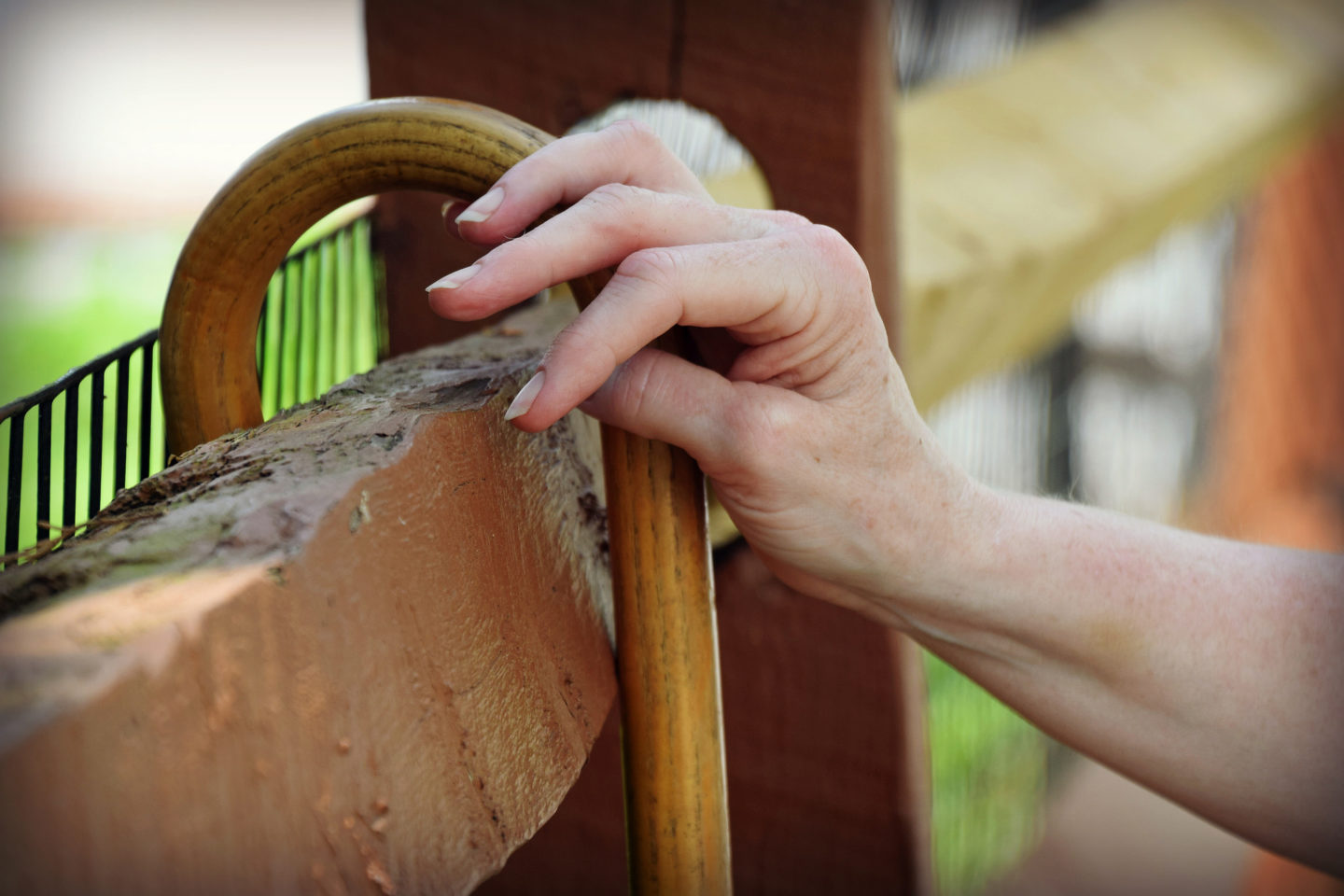The ways in which people receive welfare benefits are changing across the UK as the Westminster government continues to roll out its new benefits system and Scotland gains control of some social security powers.
Ferret Fact Service took a look at the ongoing changes to the UK’s welfare system and what form social security will take in Scotland.

Disability benefits in the UK
The Tory Lib Dem Coalition Government’s Welfare Reform Act 2012 ended Disability Living Allowance (DLA) for most people aged 16 to 64, replacing it with Personal Independence Payments (PIP).
PIP aims to help with the extra costs faced by those with “a long-term health condition or a disability and face difficulties with daily living, mobility or both”. It also aims to reduce costs and be “simpler to administer and easier to understand” than DLA, according to the government.
Anyone of working age is able to apply to the Department for Work and Pensions (DWP), for PIP and can receive between £22.65 and £145.35 a week.
“The amount you get depends on how your condition affects you, not the condition itself”, according to the UK Government’s website.
DLA recipients, even those with an indefinite or long-term award, have not been automatically entitled to PIP, and the amount they receive has been subject to change, as it is “a different benefit, assessed in a different way”.
Some changes include the introduction of a points-based system ranging from 0-12 to assess the additional support required by applicants for each activity.
Assessments are now undertaken by independent health professionals “usually face-to-face”, and most PIP awards will be reviewed after fixed terms.
Revealed: £56m cuts to disability payments hit Scotland’s poorest hardest
The current UK Government announced in January that it would review 1.6 million claims after the High Court ruled that changes made to the benefit in 2017 were unfair as they limited the amount of support people suffering from mental health difficulties could receive.
A 2017 report from the UN Committee on the Rights of Disabled Persons found that UK Government reforms of PIP and other benefits “disproportionately affected” disabled people. However, the UK government “strongly refuted” the committee’s findings.
The Scottish Government estimated that as of July 2017, there were 162,535 PIP claimants in Scotland. 74,708 (46 per cent) of these people had been reassessed after previously receiving DLA, whilst 87,826 (54 per cent) were new claimants.
Scottish Government criticism of PIP
An October 2017 Scottish Government report assessing the impact of UK government welfare reforms on disabled people was highly critical of PIP.
A forward from social security minister, Jeane Freeman, claimed that “PIP has more restrictive criteria than DLA” and that reduced spending “represents a direct cut by the UK government in social security investment for disabled people.
“For some individuals, this represents a loss in income of up to £7,000 a year – a cut that will result in real hardship for many.”
Freeman also promised to “continue to oppose the rollout of PIP in Scotland”. She did not propose an alternative, but vowed that she would used devolved powers would be provided in a way that treats disabled people with “dignity and respect”.
Holyrood’s new social security system
In April, Holyrood unanimously passed the Social Security (Scotland) Bill, which will bring about a devolved Scottish social security system.
The Scotland Act 2016 gave the Scottish Parliament powers over 11 benefits previously held by Westminster, which include PIP, DLA, Carer’s Allowance and Severe Disablement Allowance.
These benefits are already received by 1.4 million people, are worth around £3.3bn, and will account for around 15 per cent of the total Scottish benefits bill.
However, the Scottish Government believes there could be 500,000 cases of individuals or families in Scotland not claiming benefits they are entitled to, and last year launched a campaign encouraging them to do so.
Disability payments will remain universal and non-means tested, meaning that income and savings will not need to be below a certain level to qualify for financial support.
Discretionary Housing Payments and the Scottish Welfare Fund will continue to be delivered by local authorities.
How will Scotland’s social security system be different?
The Scottish Government has vowed that Scotland’s social security system will not use private contractors to assess whether claimants are eligible for benefits.
It also promised to take into account the “personal experience” of people through its experience panels and Expert Advisory Group on Disability and Carers’ Benefits.
Other changes will include a 13 per cent increase to the Carer’s Allowance – this will be the first social security payment to be delivered by the social security agency from Summer 2018.
Universal Credit claimants now have the choice to be paid twice monthly and rent can be paid directly to landlords.
Assessment procedures for disability benefits will be scrapped in order to “end the unnecessary stress caused to applicants” and long-term awards will be given to those with existing conditions that are unlikely to change”.
The Scottish Welfare Fund will be temporarily extended to assist young people with housing costs following the removal of Housing Benefit for 18-21 year olds by the UK Government
Any child in receipt of DLA will automatically receive the same award until age 18 in order to while the transfer of benefits takes place.
The SNP has also promised to abolish the bedroom tax, which reduces housing benefit if a property is judged to have more bedrooms than necessary.
Ferret Fact Service (FFS) is a non-partisan fact checker, working to the International Fact-Checking Network fact-checkers’ code of principles. All the sources used in our checks are publicly available and the FFS fact-checking methodology can be viewed here. Want to suggest a fact check? Email us at factcheck@theferret.scot or join our community forum.Photo thanks to MTSOfan, CC BY-SA 2.0














